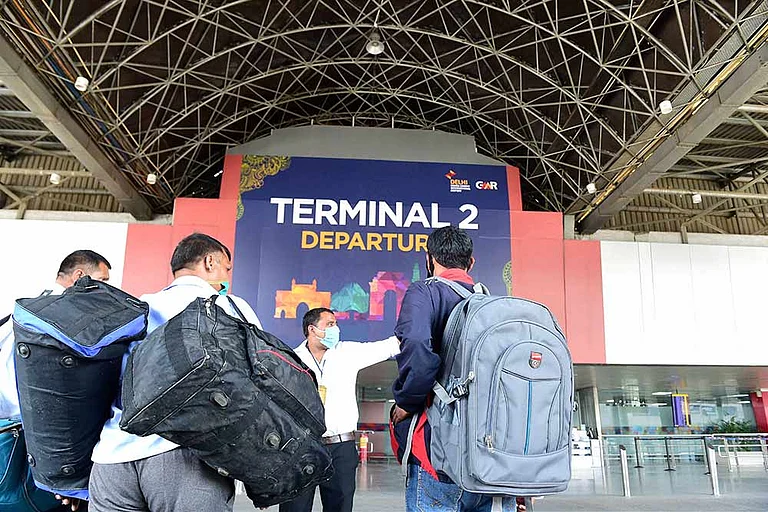Air India, IndiGo, and SpiceJet, three of India’s leading commercial airlines, are at odds with the Directorate General of Civil Aviation (DGCA) over its demand for airfare data. According to reports, airlines represented by the Federation of Indian Airlines have refused to share the data, claiming that it could lead to a commercial setback.
Indian Airlines vs DGCA: Air India, IndiGo, Others Refuse to Share Airfare Data; Here's Why
In December, the DGCA reportedly asked airlines to submit data from the past two years on each passenger, including the fare charged, booking date, base fare, and number of passengers on the flight
In December, the DGCA asked airlines to submit data from the past two years on each passenger, including the fare charged, booking date, base fare, and number of passengers on the flight.
In a letter dated 11 March, the airlines' association informed the DGCA that this information is commercially sensitive and proprietary. They argued that sharing such granular data with external agencies or consultants would hurt their competitiveness and risk the viability of their business strategy, The Economic Times (ET) reported.
The report also noted that the DGCA has tasked Tata Consultancy Services with studying airfare trends.
While the airlines refused to share the requested data, they have suggested providing broader data on the percentage of tickets sold under various fare brackets.
Airfare Regulations in India
Prior to 1994, under the Air Corporations Act, the Indian government had substantial control over airline operations, including the regulation of airfares. Airlines were required to adhere to fare structures approved by the government.
In March 1994, the repeal of the Air Corporations Act marked a pivotal shift towards deregulation. This change allowed airlines greater autonomy in determining their fare structures. Under Rule 135 of the Aircraft Rules, 1937, airlines are required to establish reasonable tariffs, considering factors such as operational costs, service characteristics, reasonable profit, and prevailing market rates.
An exception to this market-driven approach occurred during the COVID-19 pandemic. To prevent exorbitant pricing amid fluctuating demand, the Ministry of Civil Aviation implemented temporary fare caps, setting minimum and maximum airfare limits based on flight durations. These regulatory measures were lifted in 2022.
Airlines argue that government intervention in air ticket pricing is unnecessary, as deregulation has helped increase connectivity and affordability. However, sharp fare spikes on specific routes during peak seasons have sparked public outcry. A recent example was seen during the Maha Kumbh organised in Uttar Pradesh’s Prayagraj.
According to the ET report, the government does not intend to regulate airfares but rather aims to strengthen the DGCA’s Tariff Monitoring Unit (TMU), which was set up in 2010 to oversee and ensure transparency in airline ticket pricing in India.
The TMU monitors airfares across various sectors to detect instances of predatory or excessive pricing. It also verifies that airlines adhere to the fare structures they declare, ensuring ticket prices remain within published brackets.
